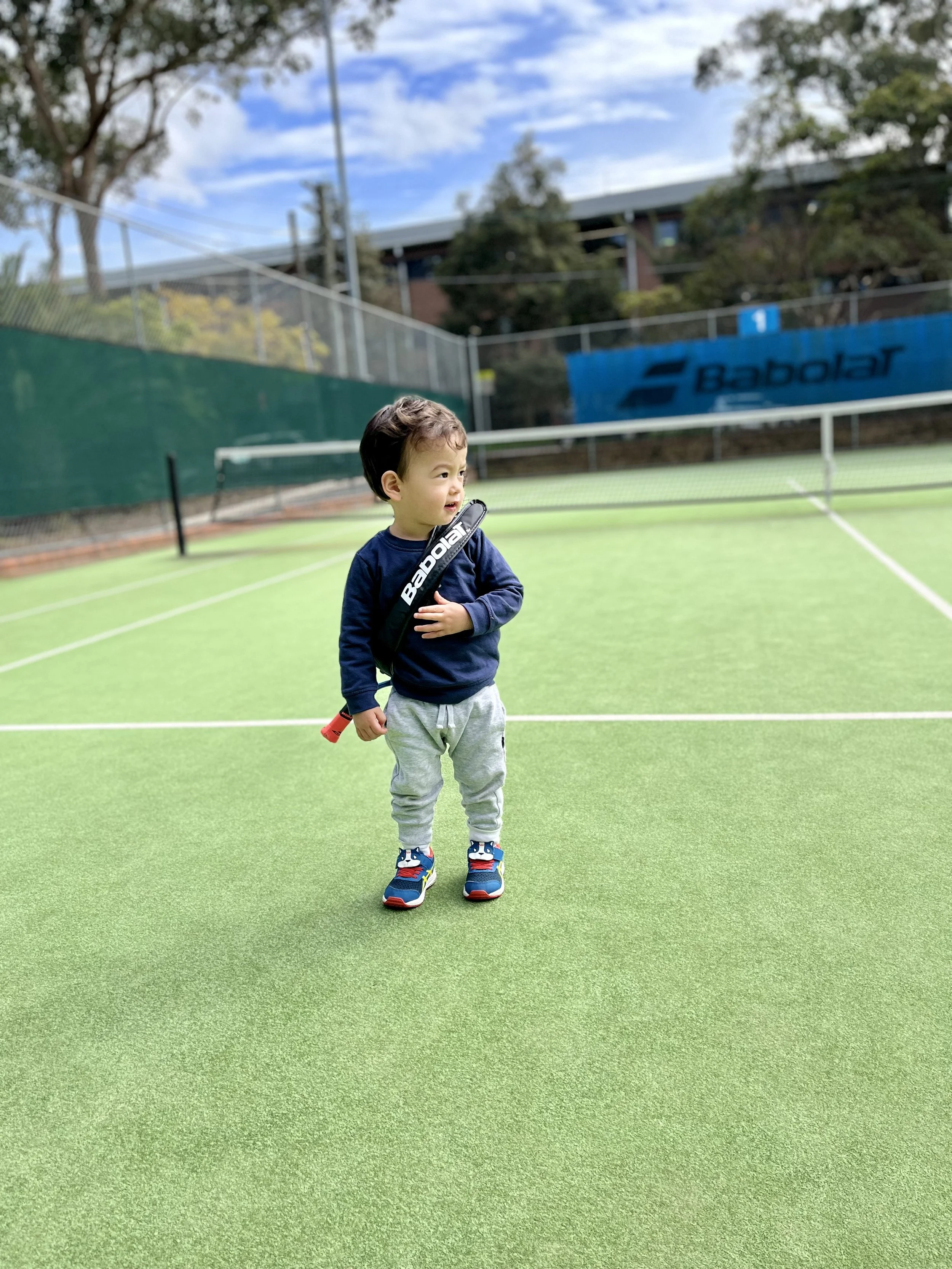How Tennis Parents Can Help Their Young Players at Home
As a tennis parent, your role in your child’s development goes far beyond cheering from the sidelines. What happens off the court is just as important as what happens on it. With the right support at home, young players can build confidence, improve faster, and develop a true love for the game.
Here are practical ways tennis parents can help their children grow on and off the court:
⸻
1. Create a Positive Tennis Environment
The tone you set at home shapes your child’s experience of tennis. Praise their effort more than their results. Celebrate small wins, like showing up with a good attitude, trying a new skill, or bouncing back from a tough session. This builds resilience and a growth mindset.
🗣️ Instead of saying: “You should have won that match,” try: “I loved how you kept fighting, even when it got tough.”
⸻
2. Encourage Fun, Play-Based Practice
You don’t need a full tennis court to have meaningful practice at home. A driveway, backyard, or even a hallway can become a place for skill-building and fun. Use balloons or soft balls for rally games, or play “mini-tennis” with smaller racquets or hands.
Simple ideas:
• Target games using cones or buckets
• Footwork drills using ladders or chalk lines
• Reaction games with bouncing balls
⸻
3. Build Healthy Routines
Young athletes thrive on consistency. Help your child maintain good habits that support their tennis, including:
• Getting enough sleep
• Eating balanced meals and staying hydrated
• Warming up and cooling down properly
• Limiting screen time before training or matches
⸻
4. Teach Emotional Skills
Tennis can be emotionally intense. Use downtime at home to talk about managing frustration, staying calm under pressure, and bouncing back from losses. Books, stories, or even watching professional matches together can spark great conversations about character and sportsmanship.
⸻
5. Stay Involved – But Not Over-Involved
Your presence means a lot, but avoid the temptation to coach from the sidelines or critique every session. Instead:
• Ask open-ended questions like “What did you enjoy most today?”
• Let coaches take the lead during lessons
• Focus on supporting your child’s love of the game, not just results
⸻
6. Support Their Tennis Education
Watch matches together, read tennis-related books, or listen to podcasts designed for junior players and parents. These tools can help your child grow their tennis IQ and learn from the best.
⸻
7. Model a Balanced Life
Finally, show your child how to enjoy a healthy balance. Tennis should be an exciting part of their life—not the only part. Encourage friendships, school, other hobbies, and downtime. This keeps motivation high and burnout low.
⸻
Final Thoughts:
You don’t need to be a tennis expert to be a great tennis parent. Just being present, patient, and positive makes a world of difference. Remember, the ultimate goal isn’t just to raise a champion—it’s to raise a confident, happy child who loves the game.

